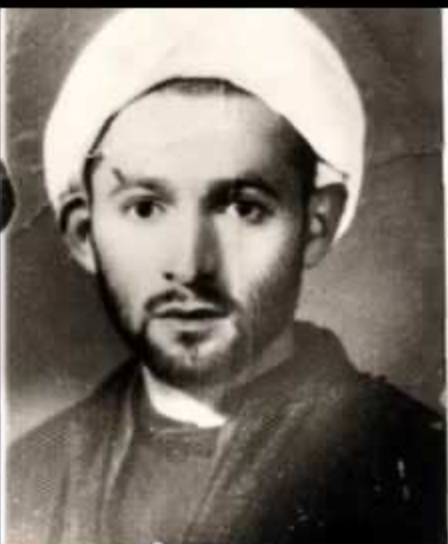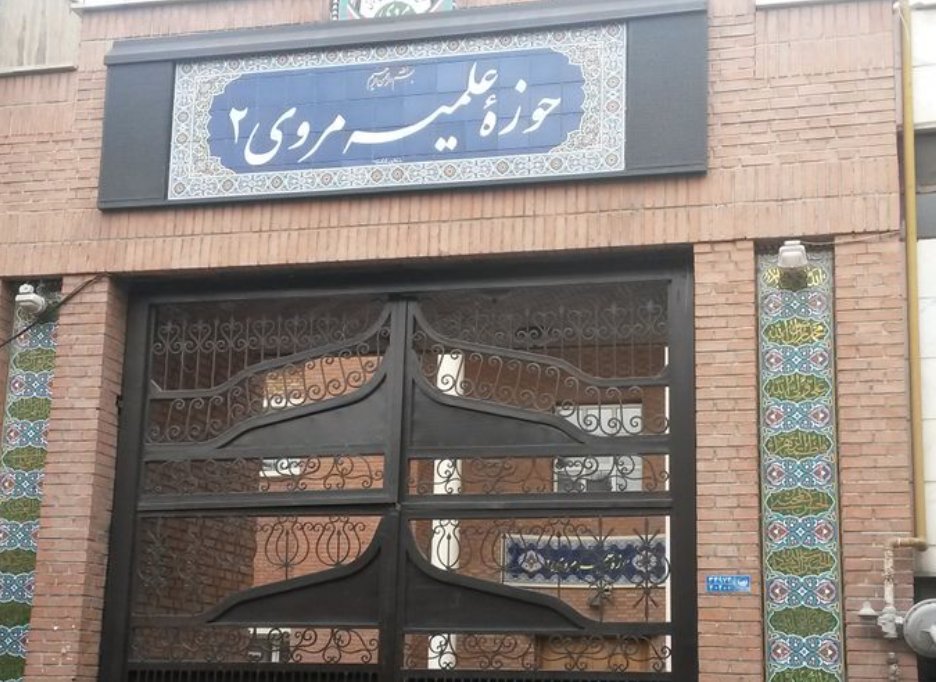#Sufism Mu’ayyad al-Din Jandi (d. C. 1300) best know probably for being a commentator on #FususalHikam and link between #Qunawi and #Kashani work produced by renowned editor Najib Mayil Hiravi 1/ 

Part one is on #SufiMetaphysics on the nature of God, the cosmos and the mediating reality of the #PerfectHuman #insan_kamil 3/
Part two concerns states on the #SufiPath a proper manual of practice for #sayr_u_suluk specifying what works for #viziers #farmers #notables etc 4/
The critical edition is based on an autograph (unicum) in #TehranUniversityCentralLibrary 5/
The standard edition of his #SharhFususalHikam by the late Sayyid Jalalodin Ashtiyani (d. 2005) was published in #Mashhad in 1982 7/
• • •
Missing some Tweet in this thread? You can try to
force a refresh



















